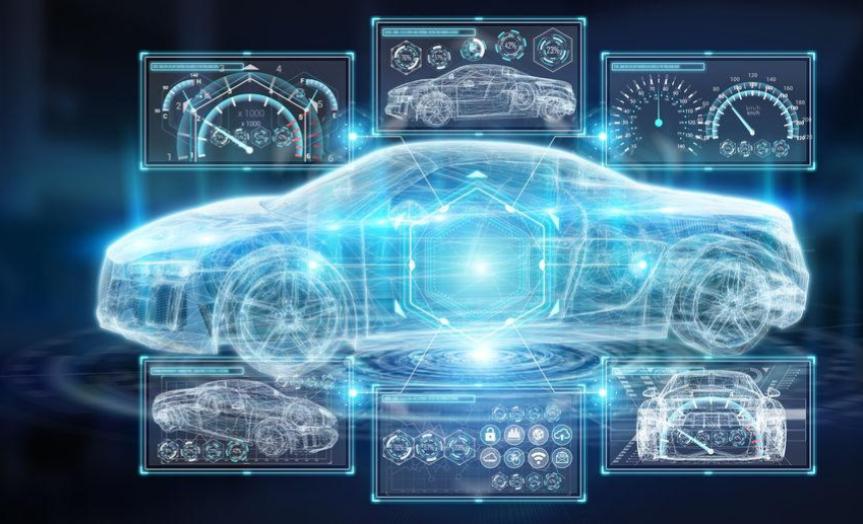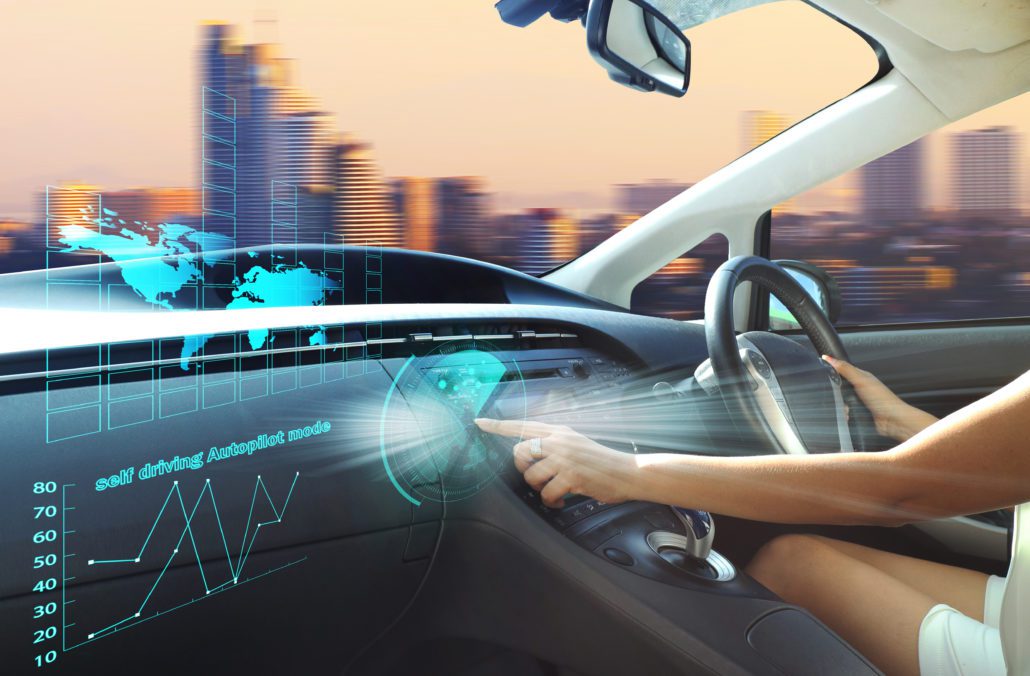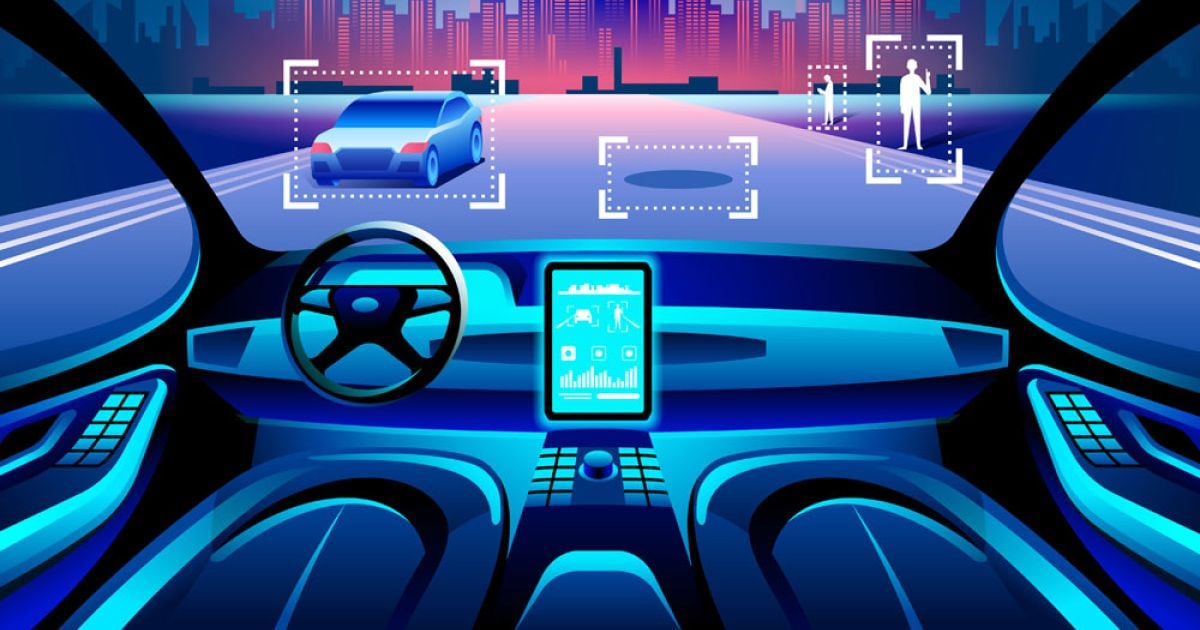 Source: bing.com
Source: bing.comThe automotive industry has been continuously evolving since its inception. With the advent of technology, cars have become more than just a means of transportation. The automotive industry is now at the forefront of innovation, with technology playing a crucial role in shaping its future. In this article, we will explore the different ways in which technology is impacting the automotive industry.
Autonomous Vehicles
 Source: bing.com
Source: bing.comAutonomous vehicles are the future of the automotive industry. They are vehicles that can drive themselves without the need for human intervention. This technology is still in its early stages, but it has the potential to revolutionize the way we travel. Autonomous vehicles are expected to improve safety on roads, reduce traffic congestion, and lower the cost of transportation.
One of the biggest challenges of autonomous vehicles is ensuring their safety. The technology needs to be able to detect and avoid obstacles, other vehicles and pedestrians. There are also legal and ethical concerns that need to be addressed before autonomous vehicles become mainstream.
Electric Vehicles
 Source: bing.com
Source: bing.comElectric vehicles (EVs) are powered by electric motors and batteries, and they produce zero emissions. They are becoming increasingly popular, with many countries announcing plans to ban the sale of petrol and diesel cars in the near future. This shift towards electric vehicles is being driven by concerns over climate change and air pollution.
Electric vehicles are also becoming more affordable, with prices falling due to advancements in technology and increased production. However, the infrastructure for charging electric vehicles needs to be improved before they can become mainstream.
Connected Cars
 Source: bing.com
Source: bing.comConnected cars are vehicles that are equipped with internet connectivity and a range of sensors and cameras. They are able to communicate with other vehicles, infrastructure, and the internet. This technology is transforming the driving experience, with features such as real-time traffic updates, remote monitoring, and predictive maintenance.
Connected cars also have the potential to improve safety on roads. They can alert drivers to potential hazards, and even take action to avoid accidents. However, there are concerns over data privacy and security, as connected cars collect and transmit vast amounts of data.
Augmented Reality
Augmented reality (AR) is a technology that overlays digital information onto the real world. It has the potential to transform the way we interact with our cars. AR can be used to display information such as speed, fuel levels, and navigation, without the need for drivers to take their eyes off the road.
AR can also be used to enhance the driving experience, with features such as virtual test drives and interactive user manuals. However, AR is still in its early stages, and there are challenges that need to be overcome, such as ensuring that the technology doesn’t distract drivers.
3D Printing
.jpg) Source: bing.com
Source: bing.com3D printing is a technology that allows objects to be created from digital designs. It has the potential to revolutionize the way cars are manufactured. 3D printing can be used to produce parts quickly and cost-effectively, reducing the need for large factories and complex supply chains.
3D printing also allows for greater customization and flexibility in design. Cars can be tailored to individual needs and preferences, and parts can be produced on-demand. However, there are challenges that need to be addressed, such as the quality and durability of 3D-printed parts.
Biofuels
 Source: bing.com
Source: bing.comBiofuels are fuels that are derived from renewable sources, such as corn, soybeans, and sugarcane. They produce lower emissions than traditional fuels, and are seen as a way to reduce our dependence on fossil fuels.
The automotive industry is exploring the use of biofuels in vehicles. However, there are challenges that need to be addressed, such as the availability of biofuels and their impact on food prices.
Conclusion
The role of technology in the future of the automotive industry is immense. Autonomous vehicles, electric vehicles, connected cars, augmented reality, 3D printing, and biofuels are just some of the ways in which technology is transforming the industry. However, there are challenges that need to be addressed, such as ensuring safety, improving charging infrastructure, protecting data privacy, and addressing ethical concerns. As technology continues to evolve, the future of the automotive industry looks exciting and promising.